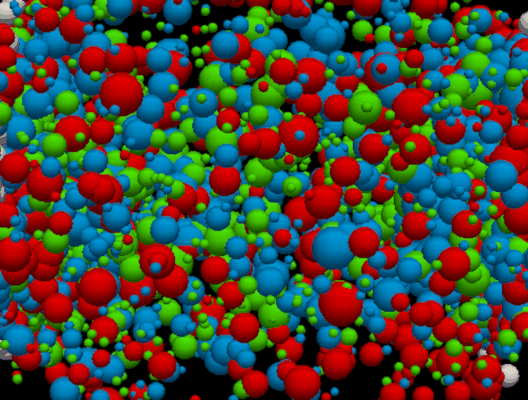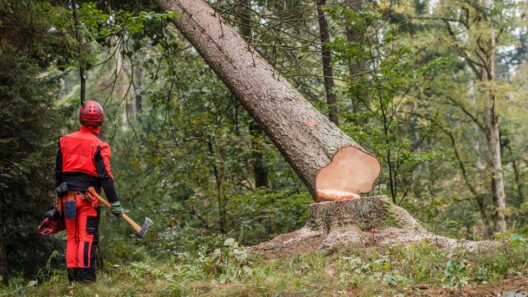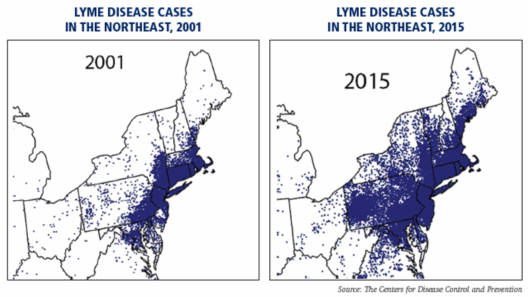Composting stands as a beacon of hope in the fight against climate change, heralding a transformative perspective on waste management and environmental stewardship. As global temperatures rise and ecological imbalances become increasingly pronounced, composting emerges not merely as a method of disposal, but as an essential practice fostering a healthier planet. The composting process, rich in biochemical interactions, enables organic materials to decompose naturally, yielding nutrient-dense amendments for soil. This synergy between decay and cultivation heralds a sustainable, regenerative cycle that promises a greener future.
At its core, composting signifies a paradigm shift in our understanding of waste. Every year, millions of tons of organic waste – from kitchen scraps to yard debris – end up in landfills. As they decompose anaerobically, they produce methane, a potent greenhouse gas that exacerbates global warming. By diverting these materials from landfills, composting mitigates methane emissions, presenting a tangible solution to one of the planet’s pressing environmental challenges. It invites individuals to reconsider their waste management strategies and fosters a circular economy where nothing is wasted.
The composting phenomenon takes root in the soil itself, illustrating the intimate connection between our actions and the health of the ecosystems surrounding us. Healthy soil, often overlooked, is a dynamic living substrate that plays a pivotal role in plant growth, water retention, and carbon sequestration. When organic matter, such as vegetable peels and leaves, is composted, it is transformed into a rich, humus-like substance that nourishes the soil. This enhancement of soil quality not only boosts agricultural yields but also improves its ability to retain moisture, combating drought and reducing the need for chemical fertilizers.
Moreover, composting serves as a carbon sink, sequestering atmospheric carbon dioxide in stable, organic forms. The act of adding compost to soil can greatly increase its carbon storage capacity, which is critical in the global effort to offset carbon emissions. By building up soil organic matter through composting, we can create a resilient environment that not only withstands climatic fluctuations but also actively reduces the overall carbon footprint of agricultural practices.
The benefits of composting extend beyond environmental implications; it also cultivates a sense of community and responsibility. Community composting initiatives have blossomed across urban landscapes, encouraging neighbors to collaborate, learn, and engage with one another in a shared mission towards sustainability. Local workshops, educational programs, and cooperative composting sites demonstrate the communal spirit inherent in the practice. These actions forge connections among community members, transforming individual efforts into collective progress.
Education plays a critical role in promoting composting as an ingenious solution. Schools and organizations can introduce programs that educate young minds about the virtues of composting, turning them into stewards of the environment. By instilling an appreciation for the natural processes of waste decomposition, these initiatives cultivate a generation that is conscientious, environmentally aware, and empowered to effect change. Knowledge about composting can transcend mere academic instruction; it can inspire students to view waste through the lens of opportunity.
However, despite its benefits, the practice of composting faces challenges that must be addressed. The misconception that composting is a complex, time-intensive process deters many from engaging in it. Such misunderstandings can be dispelled through awareness campaigns, highlighting the simplicity and accessibility of home composting. With the advent of innovative technologies and methodologies, food scraps can be transformed into compost with minimal effort. Compost bins and tumblers designed for ease of use make it possible for even the busiest individuals to participate in this sustainable practice.
Furthermore, the intersection of composting and urbanization cannot be overlooked. As cities expand and populations grow, maintaining green spaces becomes increasingly critical. Urban landscapes can integrate composting systems that not only reduce waste but also enhance green infrastructure. Rooftop gardens, community farms, and public parks can benefit immensely from compost-generated soil amendments. These initiatives can improve the urban microclimate, sequester carbon, and enhance biodiversity within city environments, creating a more sustainable and resilient urban ecosystem.
The integration of technology into composting processes can significantly alleviate some of the traditional challenges faced by composters. Aerobic digesters and home composting gadgets are on the rise, designed to optimize decomposition rates and alleviate odors. Such innovations ensure that composting fits seamlessly into modern life, encouraging more individuals to adopt environmentally responsible practices.
As this movement continues to gain momentum, policymakers can play a crucial role by implementing composting programs and regulations at local, state, and national levels. Incentivizing composting through subsidies, grants, or tax breaks can motivate households and businesses alike to adopt sustainable practices. Education and outreach, coupled with robust policies, can transform composting from a niche activity into a mainstream societal norm.
Ultimately, composting is not just a solution; it is a commitment to nurturing the health of our planet. By embracing this practice, individuals can contribute to the restoration of ecosystems, reduction of greenhouse gases, and revitalization of soil health. Composting beckons a collective vision where each person plays a part in weaving a tapestry of ecological resilience. As we plant the seeds of change with our composting efforts, we cultivate the promise of a greener future for generations to come.








